Neural coding
Recent articles
From genes to dynamics: Examining brain cell types in action may reveal the logic of brain function
Defining brain cell types is no longer a matter of classification alone, but of embedding their genetic identities within the dynamical organization of population activity.

From genes to dynamics: Examining brain cell types in action may reveal the logic of brain function
Defining brain cell types is no longer a matter of classification alone, but of embedding their genetic identities within the dynamical organization of population activity.
The challenge of defining a neural population
Our current approach is largely arbitrary. We need new methods for grouping cells, ideally by their dynamics.
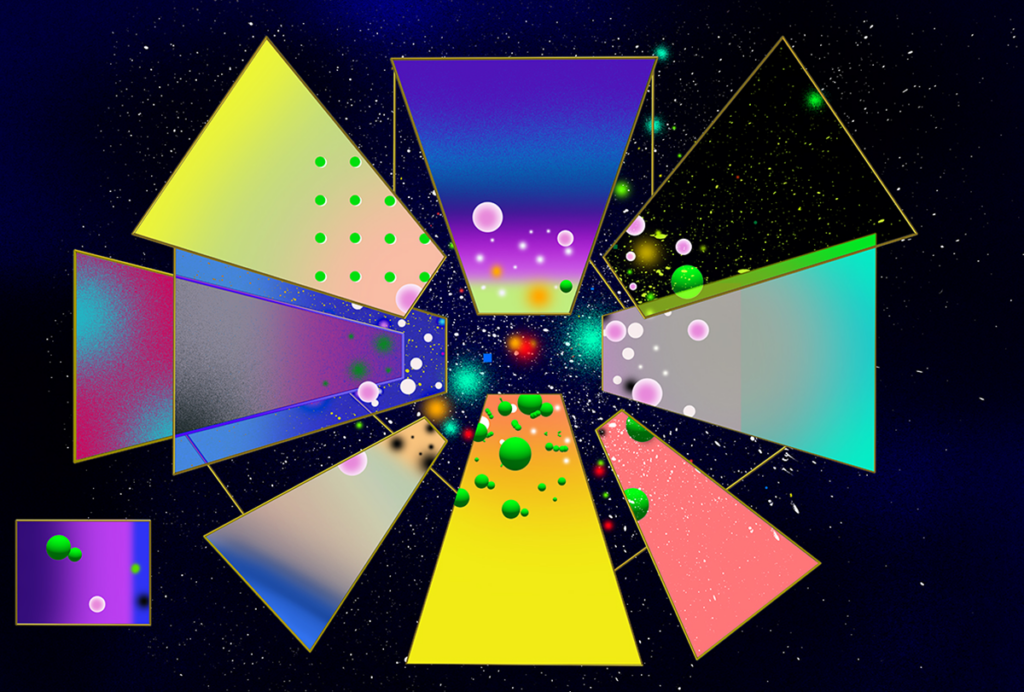
The challenge of defining a neural population
Our current approach is largely arbitrary. We need new methods for grouping cells, ideally by their dynamics.
John Beggs unpacks the critical brain hypothesis
Beggs outlines why and how brains operate at criticality, a sweet spot between order and chaos.
John Beggs unpacks the critical brain hypothesis
Beggs outlines why and how brains operate at criticality, a sweet spot between order and chaos.
Why the 21st-century neuroscientist needs to be neuroethically engaged
Technological advances in decoding brain activity and in growing human brain cells raise new ethical issues. Here is a framework to help researchers navigate them.
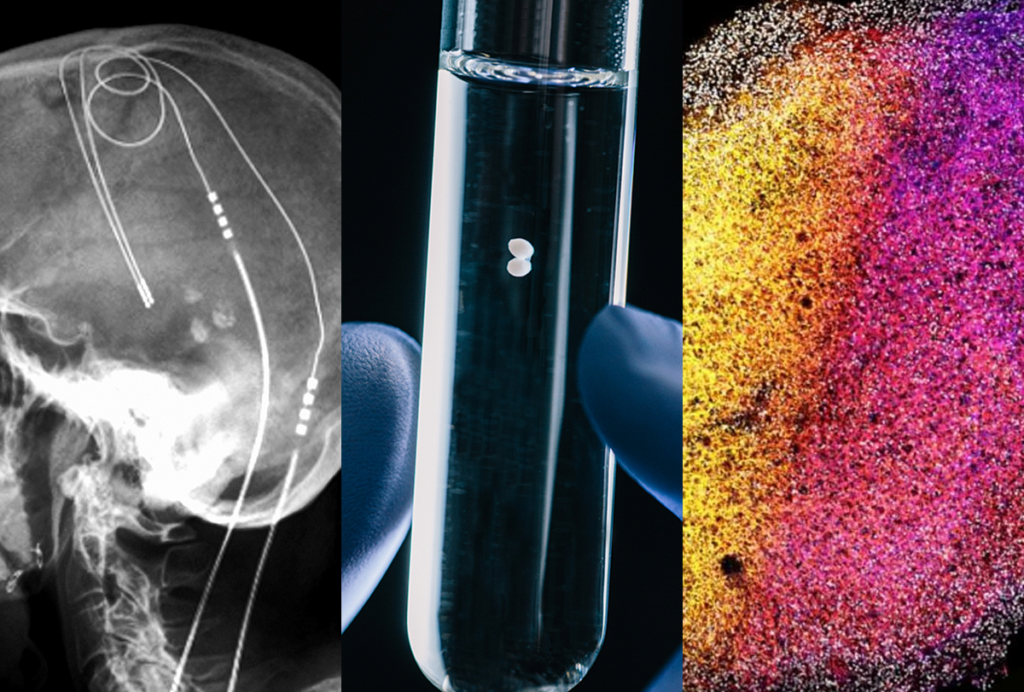
Why the 21st-century neuroscientist needs to be neuroethically engaged
Technological advances in decoding brain activity and in growing human brain cells raise new ethical issues. Here is a framework to help researchers navigate them.
Tracking single neurons in the human brain reveals new insight into language and other human-specific functions
Better technologies to stably monitor cell populations over long periods of time make it possible to study neural coding and dynamics in the human brain.

Tracking single neurons in the human brain reveals new insight into language and other human-specific functions
Better technologies to stably monitor cell populations over long periods of time make it possible to study neural coding and dynamics in the human brain.
It’s time to examine neural coding from the message’s point of view
In studying the brain, we almost always take the neuron’s perspective. But we can gain new insights by reorienting our frame of reference to that of the messages flowing over brain networks.
It’s time to examine neural coding from the message’s point of view
In studying the brain, we almost always take the neuron’s perspective. But we can gain new insights by reorienting our frame of reference to that of the messages flowing over brain networks.
Dmitri Chklovskii outlines how single neurons may act as their own optimal feedback controllers
From logical gates to grandmother cells, neuroscientists have employed many metaphors to explain single neuron function. Chklovskii makes the case that neurons are actually trying to control how their outputs affect the rest of the brain.
Dmitri Chklovskii outlines how single neurons may act as their own optimal feedback controllers
From logical gates to grandmother cells, neuroscientists have employed many metaphors to explain single neuron function. Chklovskii makes the case that neurons are actually trying to control how their outputs affect the rest of the brain.
Most neurons in mouse cortex defy functional categories
The majority of cells in the cerebral cortex are unspecialized, according to an unpublished analysis—and scientists need to take care in naming neurons, the researchers warn.
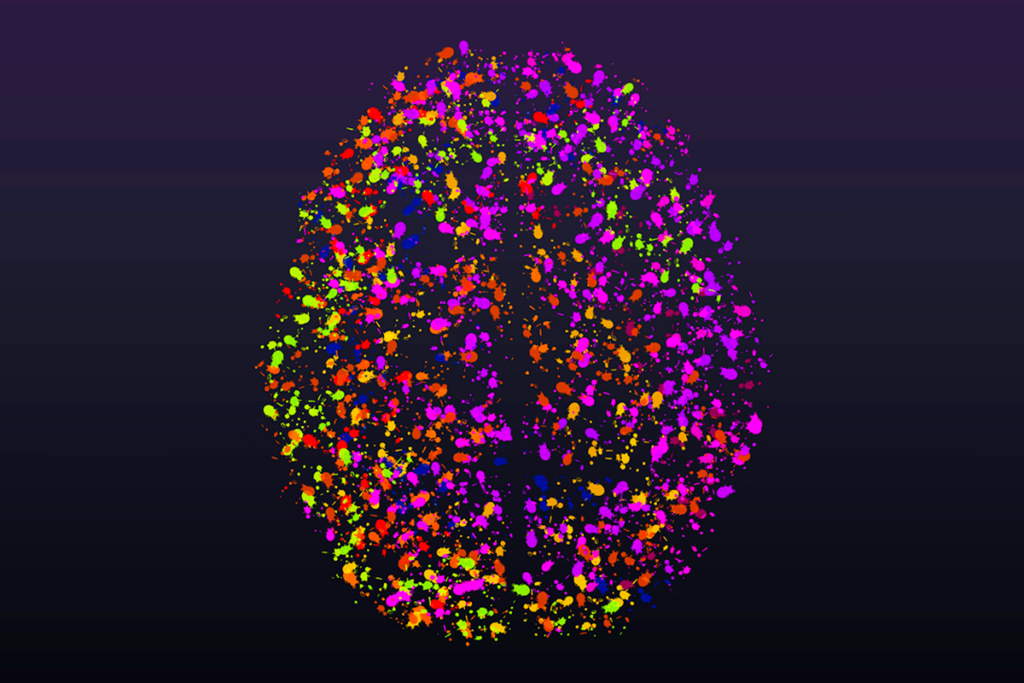
Most neurons in mouse cortex defy functional categories
The majority of cells in the cerebral cortex are unspecialized, according to an unpublished analysis—and scientists need to take care in naming neurons, the researchers warn.
Eli Sennesh talks about bridging predictive coding and NeuroAI
Predictive coding is an enticing theory of brain function. Building on decades of models and experimental work, Eli Sennesh proposes a biologically plausible way our brain might implement it.
Eli Sennesh talks about bridging predictive coding and NeuroAI
Predictive coding is an enticing theory of brain function. Building on decades of models and experimental work, Eli Sennesh proposes a biologically plausible way our brain might implement it.
The Transmitter’s favorite essays and columns of 2024
From sex differences in Alzheimer’s disease to enduring citation bias, experts weighed in on important scientific and practical issues in neuroscience.
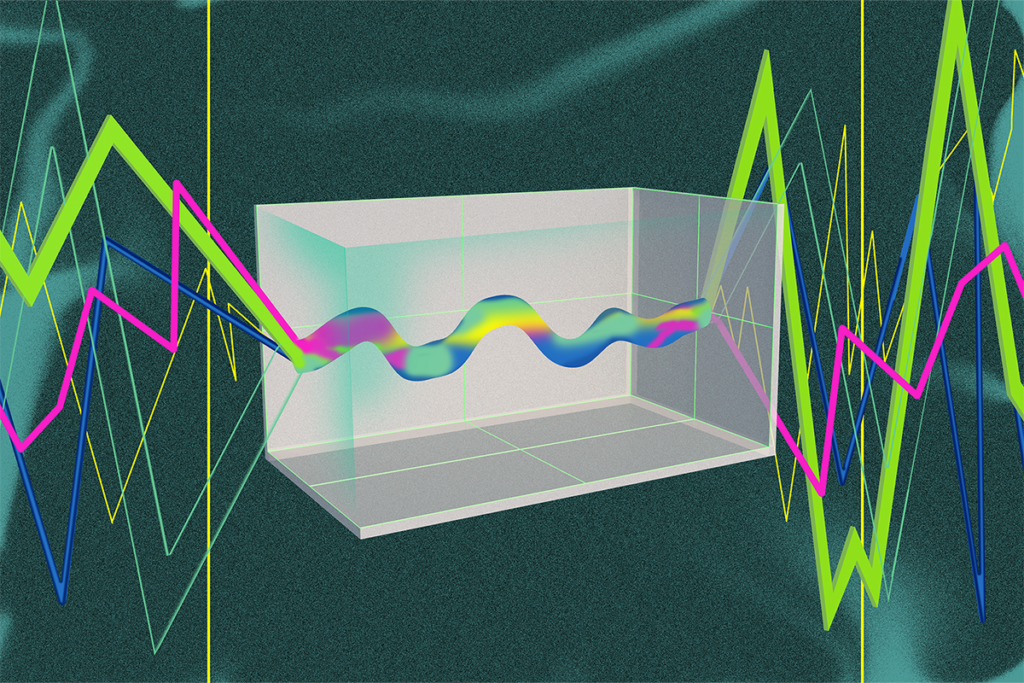
The Transmitter’s favorite essays and columns of 2024
From sex differences in Alzheimer’s disease to enduring citation bias, experts weighed in on important scientific and practical issues in neuroscience.
Explore more from The Transmitter
Marcelle Lapicque: A forgotten pioneer in neuroscience
Lapicque was the first Black woman neuroscientist in Europe, new research suggests.
Marcelle Lapicque: A forgotten pioneer in neuroscience
Lapicque was the first Black woman neuroscientist in Europe, new research suggests.
In-vivo base editing in a mouse model of autism, and more
Here is a roundup of autism-related news and research spotted around the web for the week of 23 February.
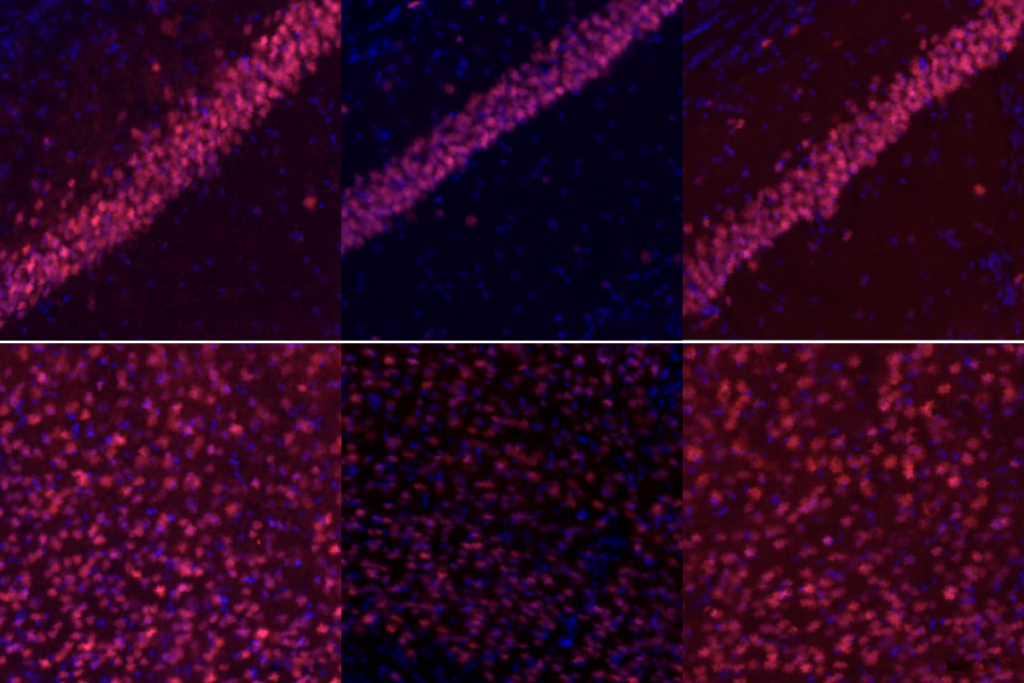
In-vivo base editing in a mouse model of autism, and more
Here is a roundup of autism-related news and research spotted around the web for the week of 23 February.
Infant visual system categorizes common objects by 2 months of age
Brain activity patterns in the ventral visual cortex appear to distinguish images across 12 categories, including birds and trees, longitudinal functional MRI scans suggest.
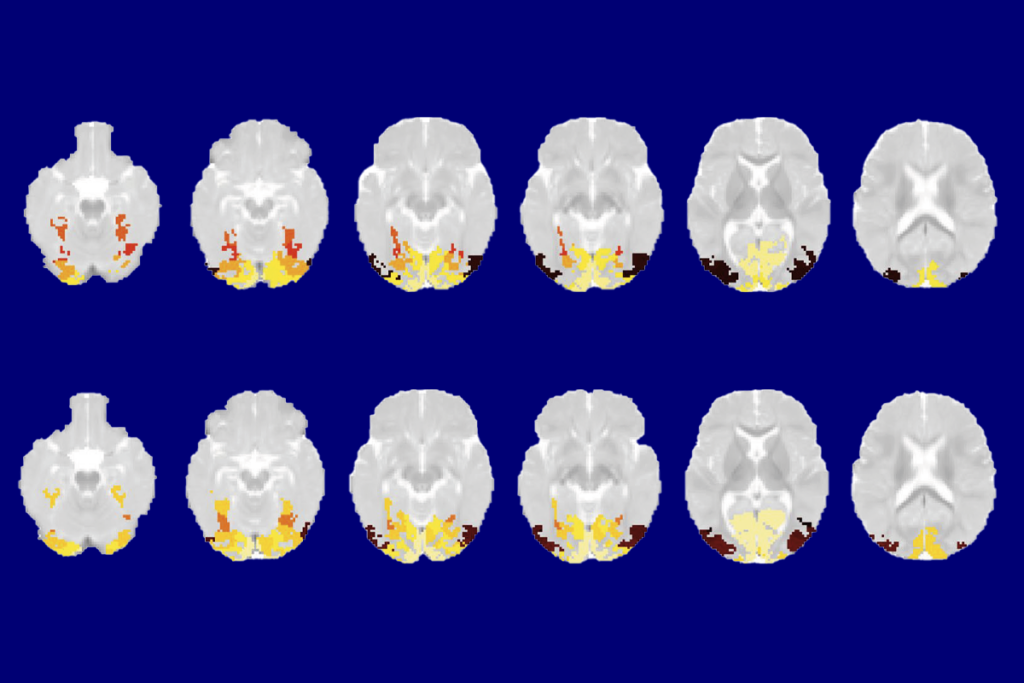
Infant visual system categorizes common objects by 2 months of age
Brain activity patterns in the ventral visual cortex appear to distinguish images across 12 categories, including birds and trees, longitudinal functional MRI scans suggest.